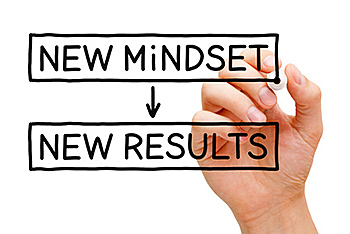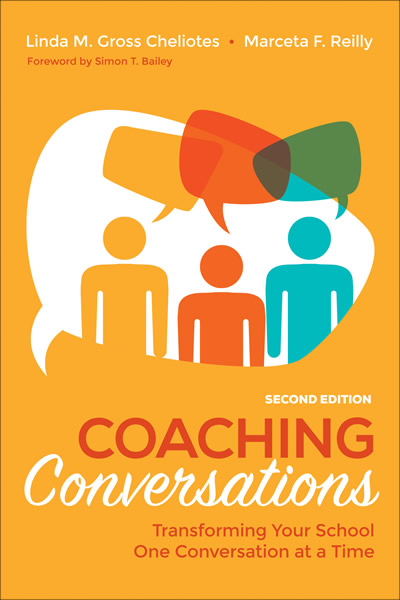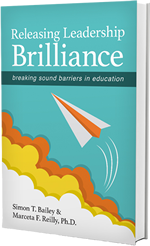
I believe in “everyday” leadership. You know what I’m talking about. It’s the kind of leadership in which someone within the group suggests a new perspective, connects multiple ideas, or bridges seemingly disparate positions. It helps people and groups make progress on tough, daunting issues. It may not solve the issue, but it helps get people “over the hurdle” so they can move forward some more.
It’s what I mean when I say that leadership is an activity, not a position. Every educator is responsible for this kind of leadership. It’s not the principal’s job, or the team leader’s job, or the instructional coach’s job to fix problems within our schools. It’s everybody’s job to get involved—to take responsibility—for making things better for our children.
It’s the kind of leadership espoused by the Kansas Leadership Center. KLC says that a different type of leadership is necessary if we want to make progress on our biggest challenges and opportunities. They have developed a leadership model for what I call “everyday leadership.”
They describe four competencies with descriptors under each. The four competencies are:
- Diagnose the situation.
- Manage self.
- Energize others.
- Intervene skillfully.
For instance, in the area of Diagnose the Situation, you can be the one to help the group explore tough interpretations, not just the ones that make us look good. What would our detractors say about this idea? How would those with a different point of view respond to this solution?
In the area of “manage self,” you can help the group explore what personal capabilities and vulnerabilities are related to the issue at hand. Or ask, “What’s our part of the mess?”
In the area of Energize Others, you can ask how we could build bridges between the factions. Or explore how we might inspire a collective purpose among the factions.
In the area of Intervene Skillfully, ask if we need to help raise or lower the heat within the group? How can we speak from the heart about what we feel? What experiment might we recommend to begin to move things forward?
Great leadership isn’t ego driven. It’s a mindset. It is the collection of many small experiments, explorations, and conversations that invite and empower others to get involved for a collective, meaningful purpose.
Educating our children is some of the most meaningful work on earth. We all need to take responsibility for being leaders in this kind of work.
For more information about the Kansas Leadership Center, check out their website: www.kansasleadershipcenter.org.









Comments on this entry are closed.